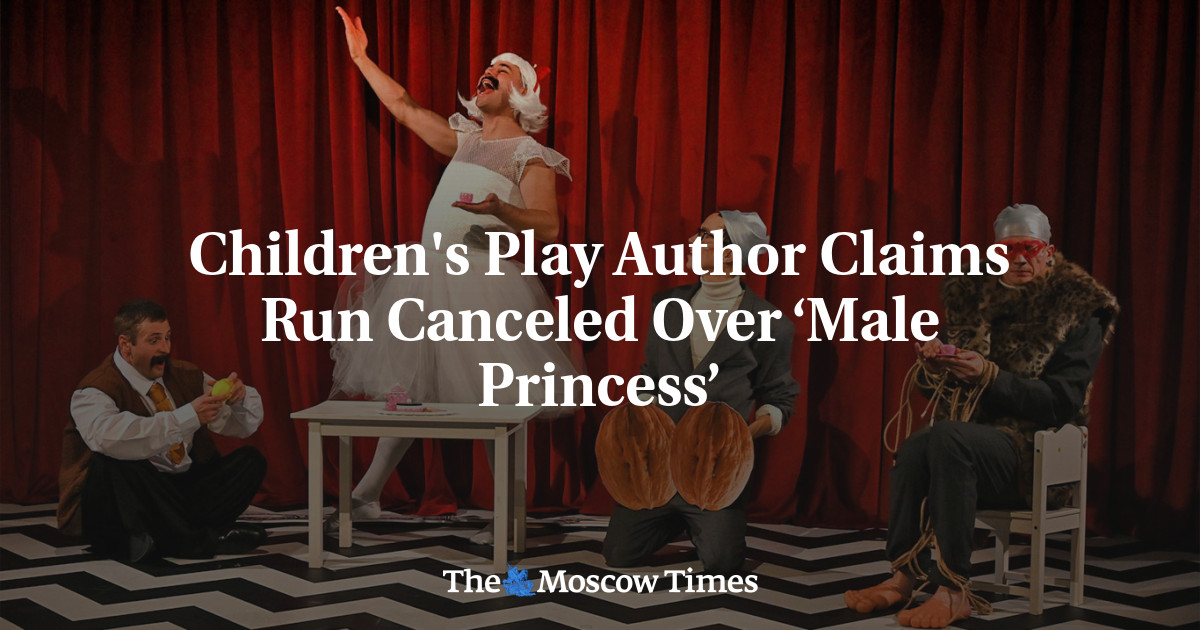
The director of a children’s play has claimed that its run at a Siberian theater was canceled just days after it began due to audience allegations that its content amounted to “gay propaganda,” local media reported on Sunday.
The incident in the city of Novosibirsk came as lawmakers in Russia’s State Duma are debating legislation extending an already-controversial law banning the dissemination of so-called “gay propaganda” to children to include adults as well.
According to the Novosibirsk-based ngs.ru news site, the Pervyi Teatr, a youth drama theater, called off a noon performance of “The Princess and the Ogre” on Sunday just 20 minutes before curtain up.
While the theater blamed “technical problems on stage,” the play’s director later hinted that the performance had been canceled due to a male actor playing the role of a princess.
The all-male play is based on Soviet poet Genrikh Sapgir’s eponymous work, which was made into cartoon in the late 1970s.
Director Polina Kardymon said that audience members had submitted “denunciations” to the Culture Ministry after watching the premier of “The Princess and the Ogre” on Nov. 13.
“The tattletales were outraged by the fact that the princess was played by a man with a mustache,” Kardymon wrote in a social media post quoted by Siberia’s taiga.info news website.
“Now the Culture Ministry is convening some sort of ethics commission to figure out if there’s ‘LGBT propaganda’ in this,” she added.
Both the original post and Kardymon’s account on Telegram have since been deleted.
Russian theater news site Teatr reported that 10 experts had been invited to last Thursday’s performance of “The Princess and the Ogre,” to which they gave rave reviews before calling the anonymous denunciations “ignorant.”
The theater announced on Monday that performances of other plays scheduled for Monday and Tuesday had also been canceled, blaming an electrical fault.
Following the first reading of the new law in the State Duma in late October, President Vladimir Putin signed a presidential decree in early November setting out Russia’s official “traditional values” policy in contrast to what are known in Russian political parlance as “nontraditional sexual relationships.”





